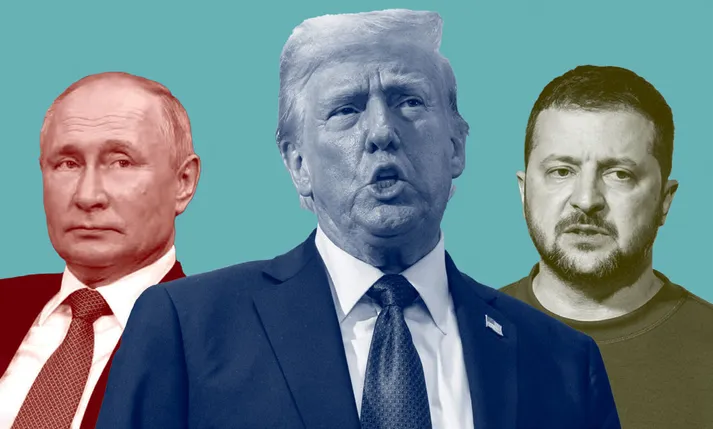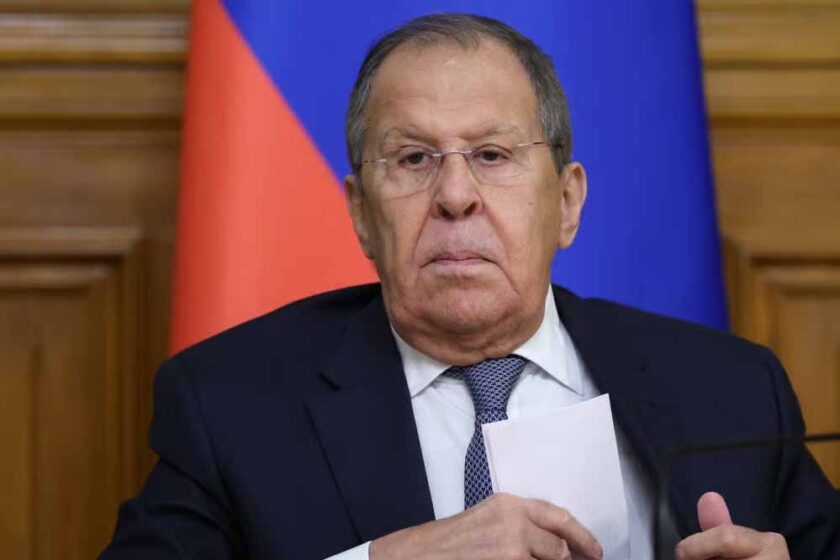Washington: In a recent phone conversation with former U.S. President Donald Trump, Russian President Vladimir Putin declared that Russia will not retreat from its strategic goals in Ukraine, according to Kremlin officials and media reports from Al Jazeera.
Speaking to reporters after the call, Kremlin adviser Yuri Ushakov stated, “Russia will not back down,” emphasizing that Putin remains committed to what he described as “eliminating the root causes” of the Ukraine conflict. Despite this firm stance, Ushakov noted that Putin expressed a willingness to pursue a political and negotiated resolution to the war.
The “Root Cause” Narrative
Putin reiterated Moscow’s longstanding argument that Ukraine’s ambitions to join NATO were the primary trigger for the full-scale invasion launched in 2022. Russia has maintained that NATO expansion near its borders posed an existential threat—a claim widely rejected by Kyiv and Western governments.
Timing of the Call
The conversation between the two leaders came a day after the United States paused a critical shipment of arms to Ukraine, including precision-guided artillery and air defense systems. Analysts believe the delay in U.S. military support may have emboldened Russia’s position, particularly as it strengthens its grip on key Ukrainian regions.
Complete Control Claimed in Luhansk
On the same day, Leonid Pasechnik, the Russia-appointed governor of Ukraine’s Luhansk province, claimed that the region had been completely “liberated” by Russian forces—marking the first of four occupied eastern Ukrainian territories to fall entirely under Russian control.
“Just a couple of days ago, I received a report that the territory of the Luhansk People’s Republic has been 100% liberated,” Pasechnik stated. The claim has yet to be independently verified.
Recognition of “Ground Realities”
During a recent session at the St. Petersburg International Economic Forum, Putin clarified that Russia is not demanding Ukraine’s unconditional surrender. Instead, he insisted that Moscow is seeking recognition of what he called the “realities on the ground”—an apparent reference to Russia’s territorial gains and shifting borders in eastern Ukraine.

“This is a completely different situation from what is unfolding in the Middle East,” Putin told the audience, contrasting Russia’s objectives with the approach taken by the United States toward Iran.
A Controversial Unity Claim
Putin also doubled down on his controversial belief that Russians and Ukrainians are “one people.” He claimed, “We have never denied Ukraine’s right to sovereignty. But in this sense, all of Ukraine is ours.”
The remarks sparked strong reactions globally, with critics warning that such rhetoric undermines Ukraine’s independence and reveals Russia’s true ambitions beyond the conflict.
What’s Next?
While Putin’s conversation with Trump and his remarks at public forums signal a mix of military resolve and diplomatic signaling, the broader implications remain uncertain. With Luhansk now claimed under full control and military aid to Kyiv momentarily stalled, the balance of power in eastern Ukraine may be shifting, at least temporarily.
Whether this fuels further escalation or brings both sides closer to the negotiation table remains to be seen. However, what is clear is that Russia’s ambitions remain firmly intact, and the war in Ukraine is far from over.









